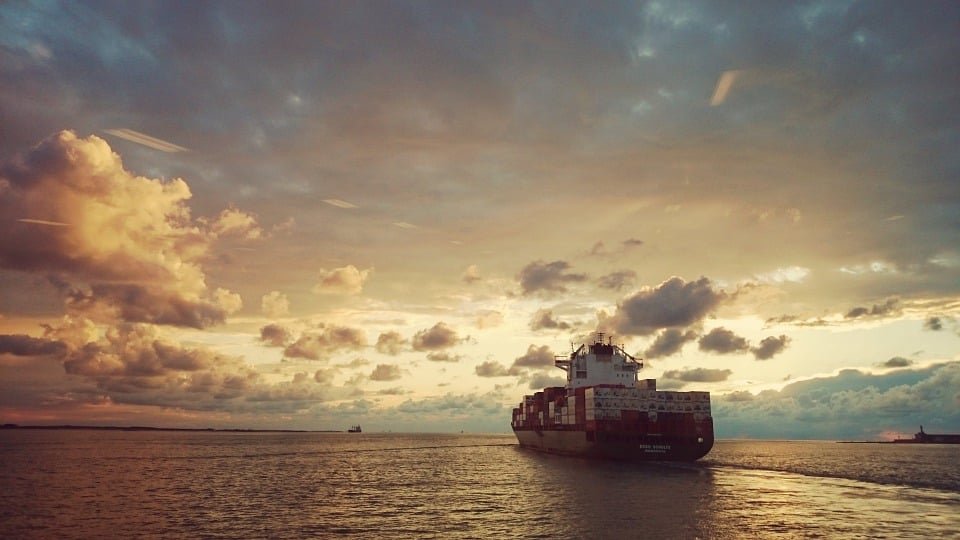NEW YORK, AUGUST 9 – Addressing today Security Council debate on maritime security, Italy recalled the need for a concerted action by the international community in line with international Conventions such as the UN Convention on the Law of the Sea.
Despite an overall decrease in maritime traffic due to the COVID-19 pandemic, piracy and armed robbery of ships rose by nearly 20 per cent during the first half of last year, a senior UN official told the Security Council on Monday. To ensure freedom of navigation, Italy actively participates in important naval operations and supports related capabilities of partner Countries.
 Incidents in Asia have nearly doubled, while West Africa, the Straits of Malacca and Singapore, and the South China Sea, were the most affected areas, Maria Luiza Ribeiro Viotti, the UN Secretary-General’s Chef de Cabinet, said, highlighting the need for stronger international cooperation. The “unprecedented” levels of insecurity in the Gulf of Guinea, and more recently in the Persian Gulf and Arabian Sea, were also particularly concerning.
Incidents in Asia have nearly doubled, while West Africa, the Straits of Malacca and Singapore, and the South China Sea, were the most affected areas, Maria Luiza Ribeiro Viotti, the UN Secretary-General’s Chef de Cabinet, said, highlighting the need for stronger international cooperation. The “unprecedented” levels of insecurity in the Gulf of Guinea, and more recently in the Persian Gulf and Arabian Sea, were also particularly concerning.
The open debate was organized by India, which holds the rotating presidency of the Security Council this month. “Maritime insecurity is also compounding the terrorist threat emerging from the Sahel,” Ms. Viotti told ambassadors. “These growing and interlinked threats call for a truly global and integrated response. A response that addresses these challenges directly as well as their root causes – including poverty, a lack of alternative livelihoods, insecurity, and weak governance structures.”
Ghada Waly, Executive Director at the UN Office on Drugs and Crime (UNODC) reported that a 2009 programme, initially established to address the Somali piracy threat, is now its largest initiative, with a budget that has grown from $300,000 to over $230 million.
The Global Maritime Crime Programme encompasses some 170 personnel based in 26 countries who provide capacity building and support for legal reform, simulated trials and maritime training centres. “Yet, the challenges to maritime security continue to grow, and our responses must keep up,” said Ms. Waly.
For India’s Prime Minister, Narendra Modi, oceans are “our shared global commons” and the “lifeline” of international trade. The UN estimates that more than three billion people worldwide, mainly in developing countries, depend on the ocean for their livelihood and well-being.
“However, today this common maritime heritage of ours faces various types of threats,” said Mr. Modi. “Maritime routes are being misused for piracy and terrorism. There are maritime disputes between several countries. And climate change and natural disasters are also challenges to the maritime domain.” (@OnuItalia)

